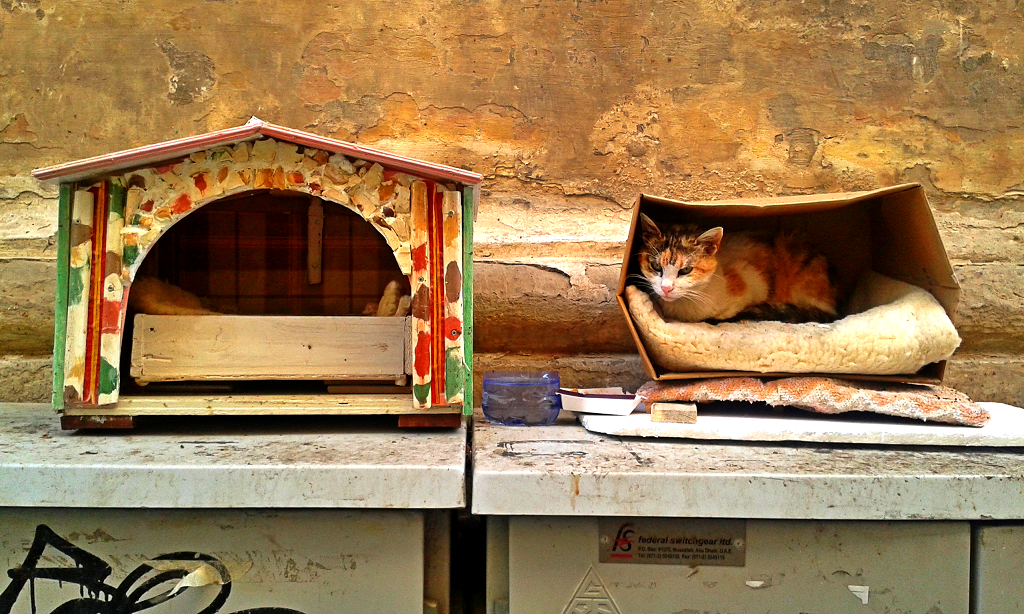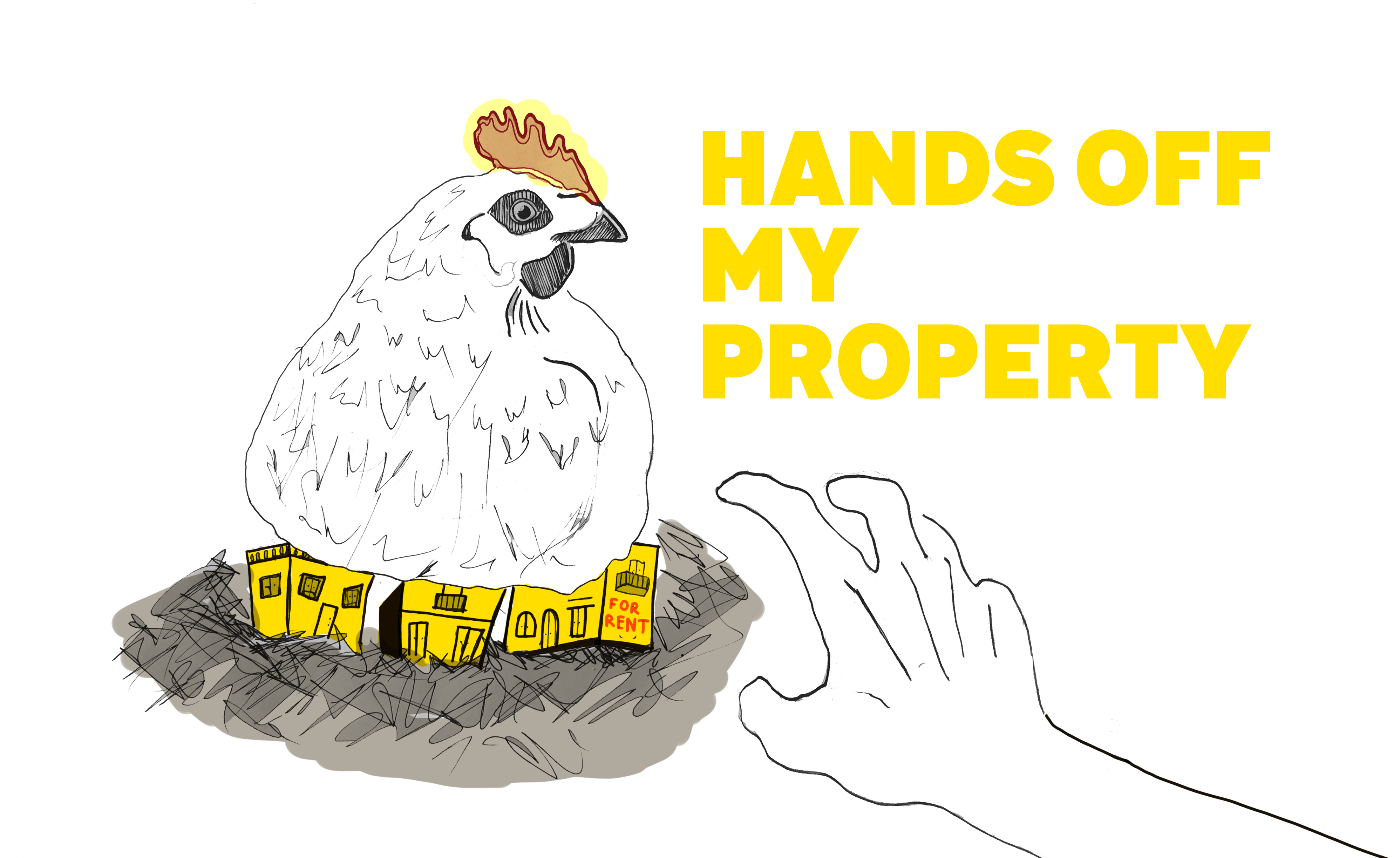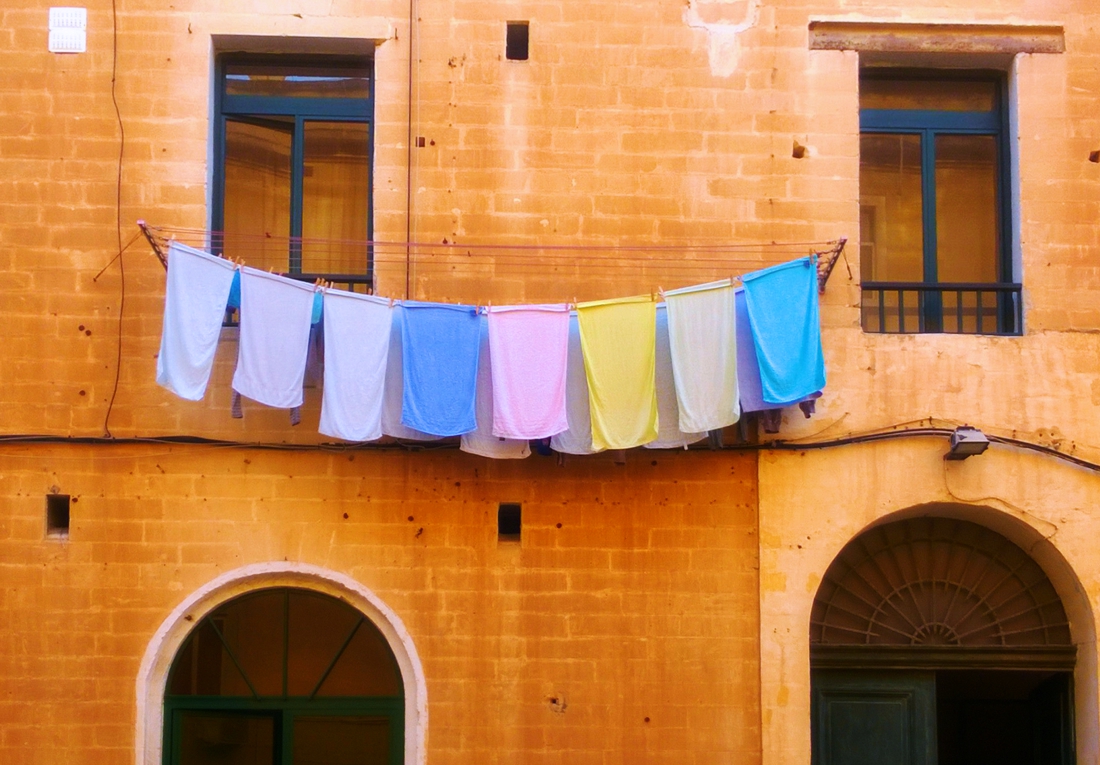
In countries with low public welfare spending such as Malta, individuals are aware that their (and their family’s) social welfare depends on the accumulation of private wealth. Therefore, the state needs to step in as a social partner.
by Isles of the Left
Image by Isles of the Left
[dropcap]H[/dropcap]ousing is a basic human need and one of the most discussed issues of 2018. Although 80 percent of Maltese households are home-owners, house prices have risen abruptly in the recent years, making both renting and buying a property unaffordable for many a household. Moreover, the younger generation’s reliance on the private rented sector is expected to grow significantly in the coming years.
Isles of the Left has delved into various aspects of the housing crisis. We explored the lessons of other countries, analysed the special status of immovable property in Malta, and, most importantly, attentively followed the proposals on how the housing situation could be improved.
![]()
1. We All Need a Home. Towards a Politics of Kindness
by Rachael Scicluna
In the past, renting used to be associated with the ‘poor’. However, it is important to understand that the face of the tenant has changed as the middle class person (both foreign and Maltese) is often seeking to rent a home in the 21st century. The challenge, however, is that the private rented sector in Malta has not been regulated yet and the housing market generally favours the homeowner instead of the tenant.
Amidst this tense climate in the private rented sector, cat homes which resemble doll’s houses that children tend to play with at home, are on the rise. What could it possible mean? Surely, we can interpret these cat houses as a testimony to home’s symbolic power. After all, don’t we all need a home? Read more here.
2. It’s Time to Call the Housing Crisis What It Really Is: the Largest Transfer of Wealth in Living Memory
by Laurie Macfarlane
Which forces induce a housing crisis? What are the lessons that Malta can learn from the housing crisis in Britain?
In the UK, the past few decades of exorbitant housing prices have spawned a one-off transfer of wealth that is unlikely to be repeated. While the main beneficiaries of this have been the older generations, eventually this will be passed on to the next generation via inheritance or transfer. The ultimate result is not just a growing intergenerational divide, but an entrenched class divide between those who own property (or have a claim to it), and those who do not. Read more here.
3. Hands Off My Property!
by Kurt Xerri
In long-colonised states such as Malta, the low social welfare spending has reduced the individuals’ reliance on the State and lead, instead, to the development of miniature, atomised welfare systems centered around the extended family. The resistance to public intervention in private property is, therefore, founded on much more than a selfish urge to hold on to one’s assets; it is based on an awareness that one’s social welfare, together with that of his or her family’s, depends on the accumulation of private wealth.
We must necessarily take into account the generational divide between those households who over time acquired multiple residences and those who, today, might end up owning none. Hence, it would be contradictory if the better off generations, strongly assisted by the State in the past, opposed or resisted any form of State intervention aimed at helping the younger ones. Read more here.
4. Rent Regulation for a Fairer Society
In February 2018, a coalition of seventeen organisations working in different sectors has launched a document with a Proposal for Rent Regulation in Malta. In a press statement, the coalition criticised the fact that “Malta has almost no regulation in the rental market” and stated that “there is a pressing need for rules in the rental market in order to establish some fairness and to create more stability.”
Among the key points of the proposal were creating a national registry of property on the rental market, tax on empty rentable property, a tax regime that incentivises long-lets, and a legal provision for a tenants’ union. Read more here.
5. Discussing White Paper: Towards Affordable Housing in Malta
by Isles of the Left
Since the soaring rent prices is among the major concerns to Maltese residents, the release of White Paper was highly anticipated by social justice activists, NGOs and tenants alike. Isles of the Left met with three members of the Research and Policy team at the Parliamentary Secretariat for Social Accommodation: Rachael Scicluna, Joseph Bartolo and Kurt Xerri.
We discussed the overall purpose of the White Paper, the methodology of the research aimed to assess Malta’s rental market, which sectors of society were consulted and why, whether the shortage of housing supply is truly the major problem and whether the suggestions proposed by the team will succeed in making housing more affordable. Follow our discussion here.





Leave a Reply